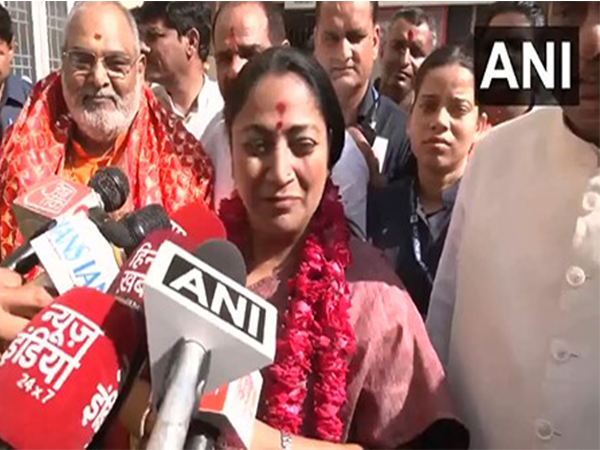Delhi HC issues notice to ED on Kejriwal's plea challenging PMLA complaints
Nov 12, 2024

New Delhi [India], November 12 : The Delhi High Court on Tuesday issued a notice on the petition filed by former Delhi Chief Minister Arvind Kejriwal, challenging the maintainability of the criminal complaints filed by the Enforcement Directorate (ED) against him for failing to appear in response to its summons in the Delhi excise policy case.
Justice Manoj Kumar Ohri directed the ED to respond to Kejriwal's plea, which also challenged the trial court's decision to take cognizance of the ED's complaints. The court instructed the ED's counsel, scheduling the matter for the next hearing on December 19.
Kejriwal had approached the High Court challenging a sessions court's decision, which dismissed his revision plea related to the summons issued by the court in connection with complaints filed by the Enforcement Directorate (ED). The ED had issued the summons for Kejriwal's failure to appear before them despite prior notices.
Senior Advocate Rebecca M. John, representing Arvind Kejriwal, raised concerns regarding the maintainability of the criminal complaints filed by the Enforcement Directorate (ED) against Arvind Kejriwal. John pointed out that while summons under the Prevention of Money Laundering Act (PMLA) were issued by one ED officer, the complaint under Section 174 of the Indian Penal Code (IPC) for non-compliance with the summons was filed by a different officer.
Opposing the Kejriwal plea. Advocate Zoheb Hossain appeared for the Enforcement Directorate argued against the challenge and maintained that the complaint filed was valid.
Earlier this year, the ED had moved a Delhi court against Kejriwal for failing to comply with its summons in the Delhi excise policy case. This action was taken before Kejriwal's arrest by the ED, following which he was granted interim bail by the Supreme Court.
The complaints filed under Section 174 of the IPC were based on Kejriwal's alleged failure to attend the ED's summons in connection with the Liquor Policy case.

















